Introduction to Samosa Spring Roll Making Machines
The samosa spring roll making machine represents a category of food processing equipment designed to streamline the production of samosas and spring rolls. These machines are engineered to cater to the needs of commercial kitchens, catering businesses, and food production lines, enhancing efficiency and consistency in product output.
Types and Applications
There are various models of samosa making machines tailored to different production scales and needs. From compact, countertop versions suitable for small-scale operations to industrial-grade machines for mass production, each type serves the purpose of automating the intricate process of samosa and spring roll preparation. These machines are adept at handling diverse applications, from creating traditional meat-filled samosas to vegetarian spring rolls, making them versatile for a range of culinary ventures.
Features and Materials
The construction of spring roll machines involves robust materials that ensure durability and compliance with food safety standards. Stainless steel is commonly used for its resistance to corrosion and ease of cleaning. The machines boast features such as adjustable filling quantities, customizable mold sizes, and precise dough thickness control, which are critical for producing uniform and quality products.
Advantages of Automation
Utilizing a spring roll making machine brings numerous advantages to food production processes. These machines significantly reduce manual labor, minimize preparation time, and increase production rates without sacrificing the quality of the final product. Consistency is another key benefit, as the equipment ensures each samosa or spring roll is uniform in size and shape, which is crucial for customer satisfaction and brand reliability.
Efficiency and Cost-Effectiveness
The efficiency of a commercial samosa maker is not limited to its production capabilities. These machines are designed to consume minimal electricity, which can contribute to lower operational costs. The ease of maintenance and the availability of spare parts contribute to their cost-effectiveness, ensuring that the machines remain operational with minimal downtime.
Operational Considerations
While the automatic samosa making machine is designed for ease of use, it comes with comprehensive guidelines to ensure safe and optimal operations. Manufacturers provide essential information to facilitate the correct usage of the machines, emphasizing operational safety and efficiency. For businesses looking to enhance their food production capabilities, these machines are a valuable addition to the kitchen arsenal.


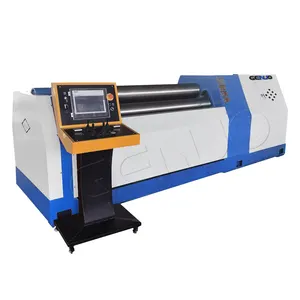

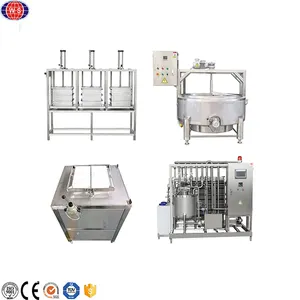














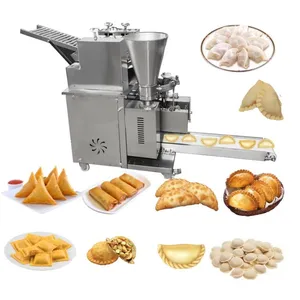


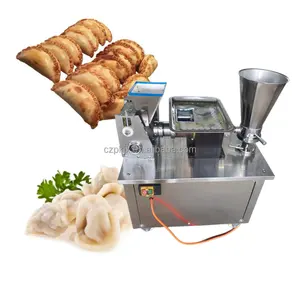
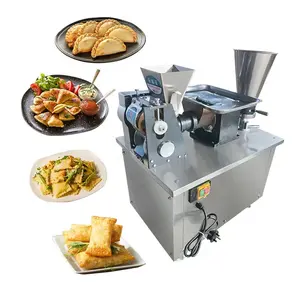
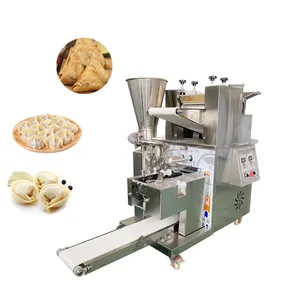



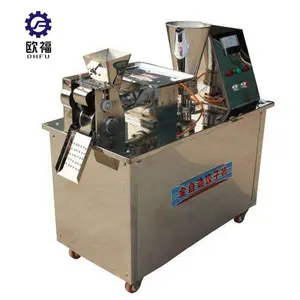



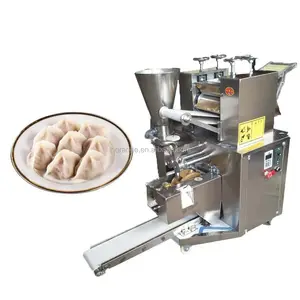





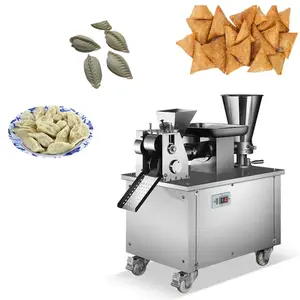





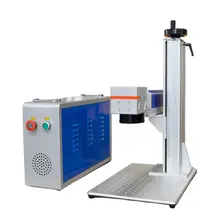

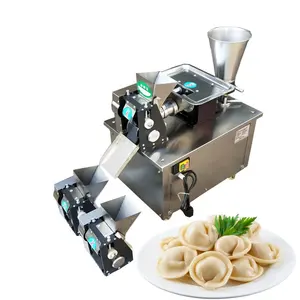


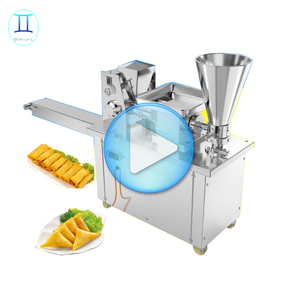
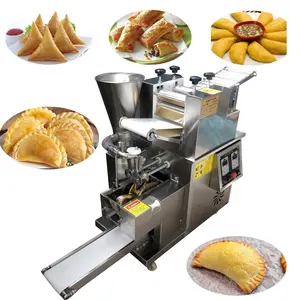

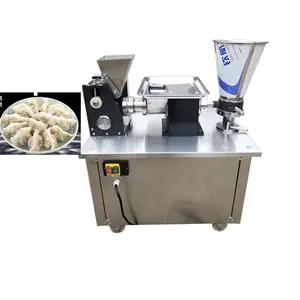
























 浙公网安备 33010002000092号
浙公网安备 33010002000092号 浙B2-20120091-4
浙B2-20120091-4